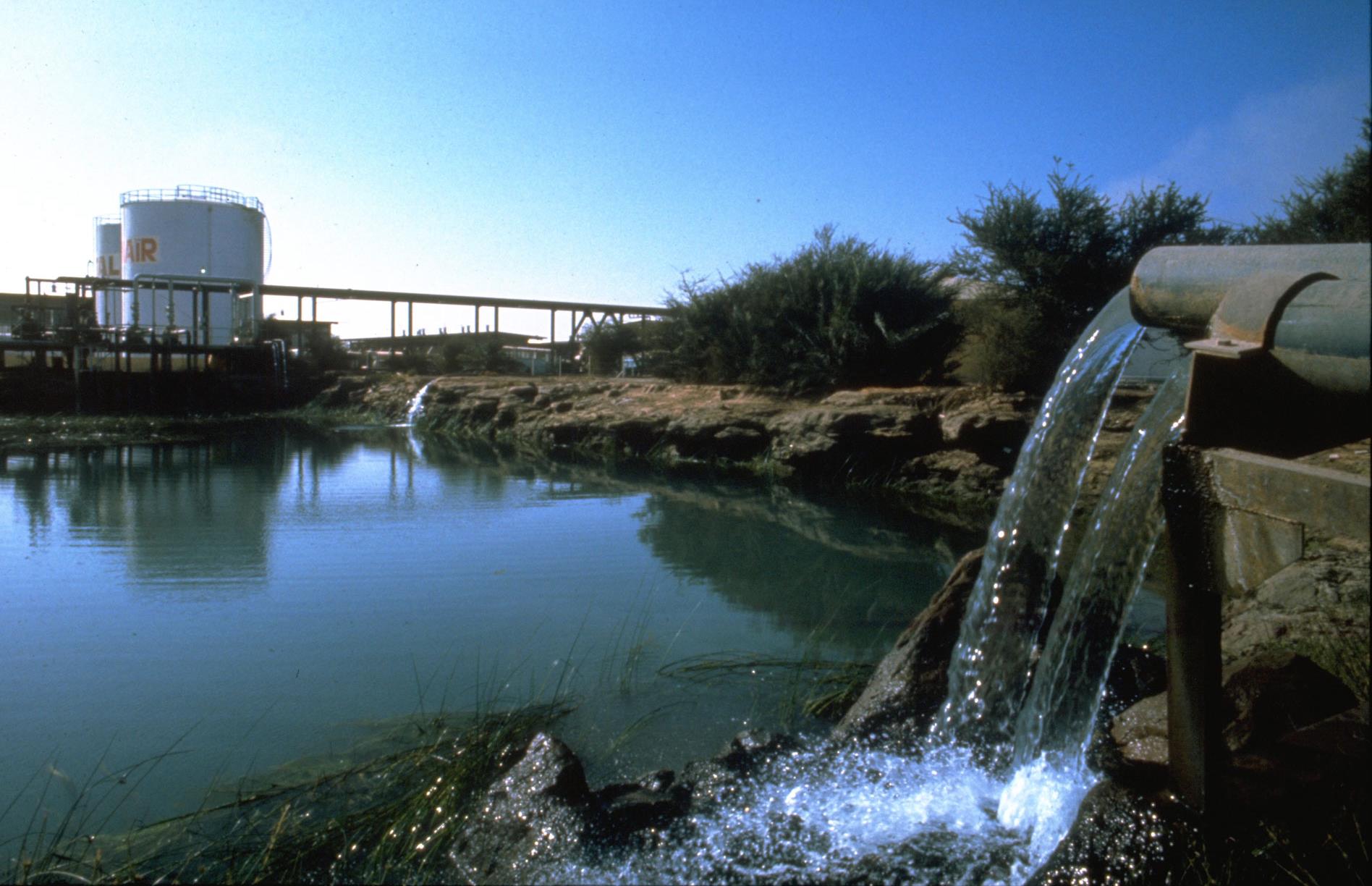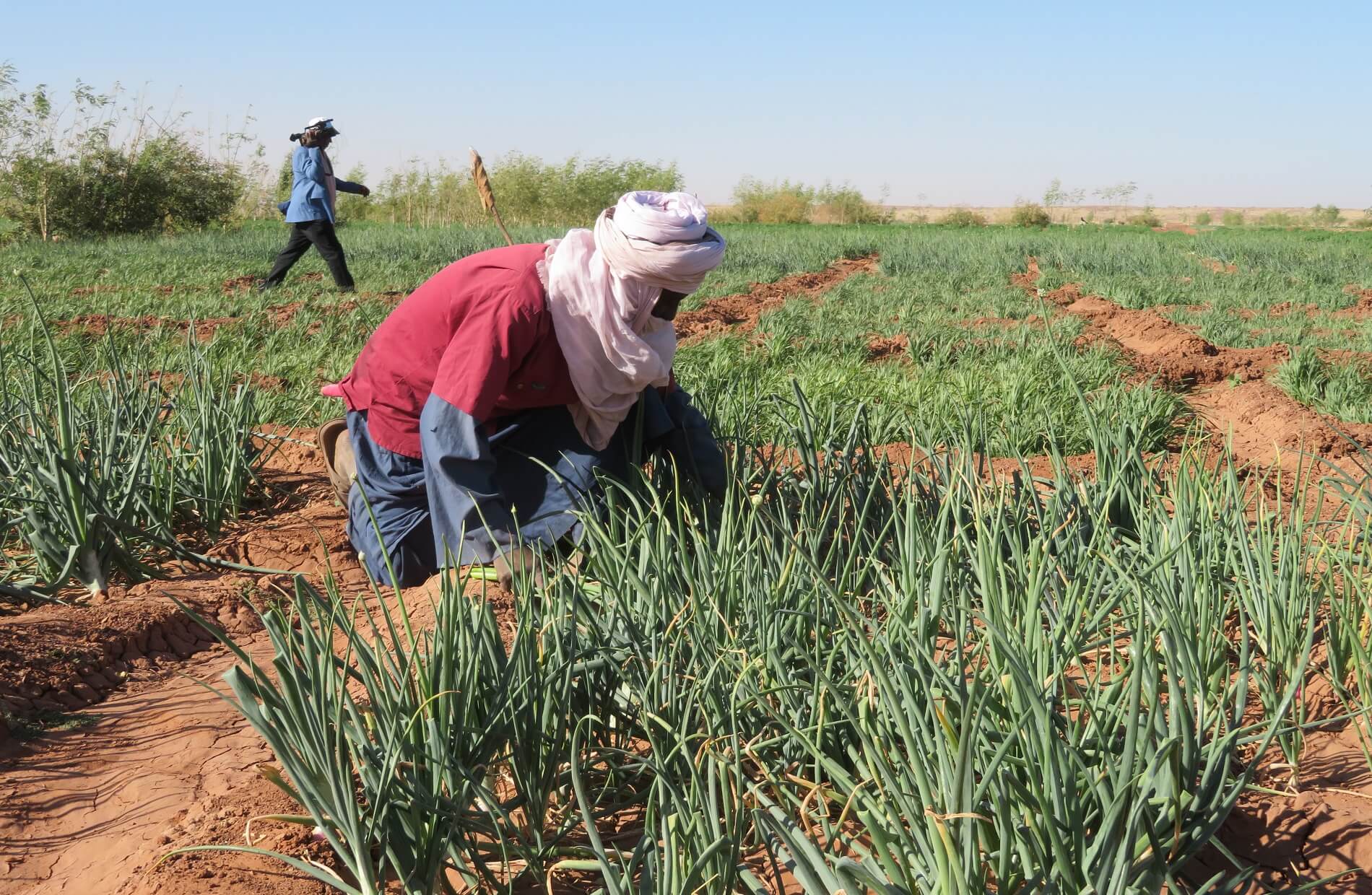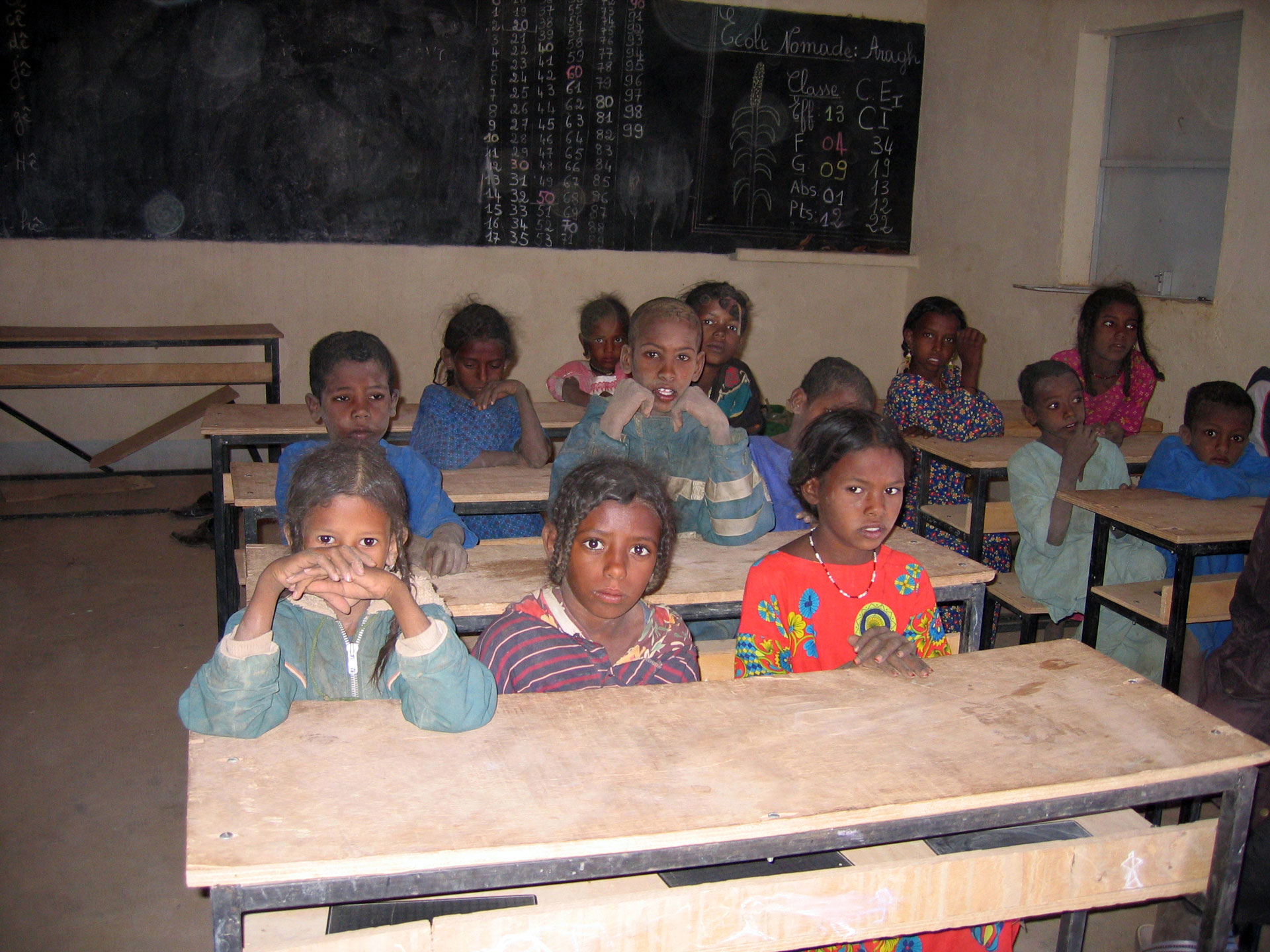
For more than 50 years, Niger's mining companies SOMAÏR and COMINAK have been developing value from the country's uranium potential by mining déposits located in the northwest of the country in the desert region of the Aïr. Since the 1970s, industrial activity generated by site operations has been a major asset for regional and national economic and societal development. Following the depletion of its resources, the COMINAK underground mine will cease production on March 31, 2021. However, the site's redevelopment and environmental monitoring work will continue for at least 20 years. A third site, Imouraren, is currently under study for its operation.
Creating the conditions and carrying out actions for the continuity of uranium mining operations in northern Niger is the cornerstone of Orano’s mutually beneficial relationship with Niger.
Responsable mining
SOMAÏR and COMINAK are responsible mining companies that comply with all applicable regulations the country, along with international best practices.
The priority: employee health, safety and radiation protection
An active health and safety policy at work
The health and safety management system is aimed at a zero-accident rate, and aims to better control the risk of exposure through radiation protection measures.
- 18001 for COMINAK
- ISO 45001 for SOMAÏR since 2018
“Safety days” are held each year at the Somaïr and Cominak sites to raise employee awareness of risks and to enforce compliance with Safety standards, as at all Orano sites. The objective: re-assert the commitment of the teams
to share a strong safety culture based on:
- strict compliance with standards, rules and instructions at all levels of the organization,
- the implementation of preventive measures and good control of operations,
- sharing experiences,
- watchfulness and a questioning attitude during everyday routines,
- and accident prevention.
Exposure to ionising radiation below authorized thresholds under French regulations. SOMAÏR and COMINAK comply
with Nigerian regulations on radiation protection (identical to that in effect in Europe, the threshold of which is 20 mSv per year).
In 2019
| Employee exposure - maximum | Employee exposure - on average | |
| COMINAK | 15,9 mSv | 5,3 mSv |
| SOMAÏR | 8,41 mSv | 2,44 mSv |
Regarding the radiological control of populations, 17 control stations were installed in the towns of Arlit and Akokan. The annual doses added in 2019 for the sedentary population of Akokan (COMINAK mine) are 0.71 mSv and 0.60 mSv on average over the last 5 years. For the sedentary population of Arlit (SOMAIR mine), these annual added doses were 0.14 mSv and 0.20 mSV. This exposure is below the regulatory threshold of 1 mSv per year set by Nigerien law, and above all does not present any danger to the environment or the health of populations.
Close monitoring of former miners
Initiated by Orano with the State of Niger and local communities, the Agadez Regional Health Observatory (OSRA), a multi-party and independent structure, provides post-professional monitoring for
former minors who may have been exposed to ionising radiation. Every two years, as part of a medical examination, the former employee undergoes a clinical examination, a chest X-ray, and a blood test.
Since their launch in Gabon in October 2010 and in Niger in December 2011, the Health Observatories have provided post-professional follow-up to 2,599 former minors with a total of more than 6,730 consultations.
The medical checks conducted to date have not identified any occupational illnesses connected with exposure to ionising radiation.
Respect for the environment
SOMAÏR and COMINAK are the only mining companies in Niger that are ISO 14001 certified for environmental management and protection. Both are compliant with environmental and human protection regulations in effect
in Niger and include radiological analyses of air, water, the food chain, and soil in Arlit, Akokan and at the mining sites. In addition, the AMAN project is stepping up its environmental surveillance standards, by monitoring groundwater quality at the
Arlit and Akokan sites to confirm the population’s drinking water quality.
Presented to authorities and at public meetings, the results confirm strict compliance with the regulatory limits on radiation protection.
SOMAIR : 1,549 samples in 2019, all structures combined, for different physicochemical and bacteriological analyzes of drinking water, wastewater and water from environmental control structures.
Inspections : 15 external inspections for SOMAIR and COMINAK in 2019 (7 for Somair and 8 for COMINAK)
In 15 years, the annual consumption of industrial water by SOMAÏR and COMINAK has been reduced by 35% thanks to an eco-design approach.

A source of local development and improved standard of living
An active development policy with the bilateral guidance council (CBO)In order to strengthen local governance of community development projects, mining companies—in a concerted effort with locally elected representatives, the respective concerned and civil society—created a bilateral guidance council (CBO) to help define the development policy and finance the projects.
Every year, mining activities contribute to the implementation of projects in each municipality in the Arlit region. In total, about 7M€ (around 5 billion FCFA) were granted between 2006 and 2018.
A major labor pool and contributions to the local economy
As part of its mining activities in Niger, SOMAÏR and COMINAK contribute to the economy of the country through taxation, local purchases, employment, and community initiatives for the benefit of the local populations, all in a challenging market context.
In accordance with their legal and contractual obligations, the mining companies pay billions of CFA francs to the Tax, Customs and State services.
In addition to these direct spinoffs, there are indirect benefits made up of salaries paid to employees of mining companies in Niger and local purchases made by these companies which have contributed to the development of the Agadez region.
Moreover, these companies' have spent money for health, leisure, sponsorship, infrastructure and development such as the Irhazer program.
Actively developing societal projects
Health, social and educational support for local populations in an isolated region.
Strengthening food security
The agro-pastorale
Irhazer Project valued at 11 billion FCFA (17M€) is aimed at strengthening the country’s food security by building irrigation systems in desert zones. The project financed by Orano is developed in partnership with the Niger State. More
than 2,000 households will benefit from it.
As part of this project, which aims to ensure sustainable food security, we are financing the development of irrigation systems in partnership with the Niger State.

• Created a training school for mining technicians and supervisors in the Agadez region 124 miles south of Arlit.
• Contributed to creating schools in the north of the country.
• Created a library and provided and endowment of more than 30,000 books for the urban community of Arlit.
• Trained 30 teachers.
• Provided aid for higher education: scholarships awarded to the best young Baccalaureate holders from disadvantaged backgrounds and the top female Nigerian Baccalaureate holders.

• Two hospitals endowed with high-quality technical facilities, providing free care for all populations in the cities of Arlit and Akokan
• 17 healthcare centers built in four rural and urban communities, endowed with equipment and offering staff training as an integral part of employer services
Facilitating access to water
Infrastructure deployed to facilitate access to water and energy in the cities of Arlit and Akokan. The construction of 69 boreholes and pastoral shafts equipped with solar pumping systems helped improve the living conditions of local and nomad populations.
Example of a successful partnership for water access: desert wells
In collaboration with the association Les Puits du Désert since 2013, Orano has supported the construction of village wells and vegetable gardens as well as the purchase of seeds in the Agadez region. This partnership has led to initiatives, such as management committees, to make the infrastructure sustainable.
-
Water for the Aïr region with “Desert Wells” (PDF - 365.47 KB)Download
- Canada To secure 20 years of supply to its international clients, Orano Canada explores new uranium-bearing lands as well as re-develops end-of-life sites.
- Kazakhstan Created in 1997 by Orano and Kazatomprom in Kazakhstan KATCO operates the world’s largest SRI uranium mine.
- Leading uranium producer With mines operating in Canada, Kazakhstan and Niger, Orano is a leading world producer of uranium.